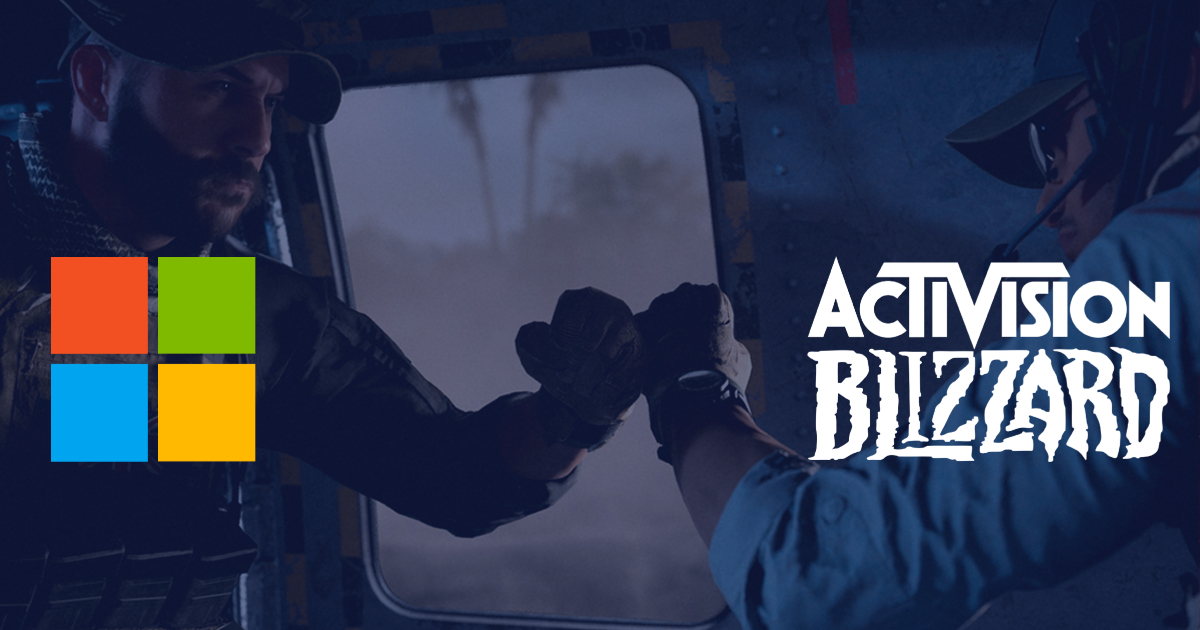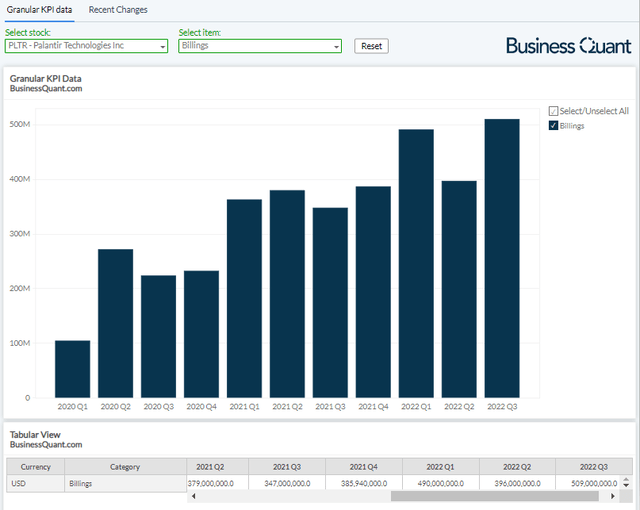Activision Blizzard Acquisition: FTC's Appeal Could Delay Or Block Microsoft Deal

Table of Contents
The FTC's Concerns Regarding the Activision Blizzard Acquisition
The FTC's opposition to the Activision Blizzard acquisition stems from concerns about anti-competitive practices and the potential for market domination by Microsoft.
Anti-Competitive Practices
The FTC argues that the merger would create an unfair competitive advantage for Microsoft, particularly in the console gaming market and the burgeoning cloud gaming sector. Their primary concern centers around the potential for Microsoft to leverage its control over key Activision Blizzard titles to stifle competition.
- Exclusive Titles: Microsoft could make popular franchises like Call of Duty, Candy Crush, and World of Warcraft exclusive to its Xbox ecosystem, harming competitors like Sony PlayStation and Nintendo Switch. This could significantly impact the competitiveness of these platforms.
- Impact on Competitors: Such exclusivity deals would likely force competitors to either lose valuable content or invest heavily in creating equivalent titles, potentially hindering innovation and slowing market growth.
- Stifling Innovation: By controlling such a large portfolio of popular game titles, Microsoft could potentially stifle innovation in the gaming industry, limiting consumer choice and potentially resulting in higher prices.
Market Domination
The FTC's case rests heavily on the argument that the combined entity would hold an unacceptably large share of the gaming market, leading to reduced consumer choice and potentially higher prices.
- Microsoft's Market Share: While Microsoft holds a significant share of the gaming market, the addition of Activision Blizzard's considerable portfolio would substantially increase its dominance.
- Activision Blizzard's Market Position: Activision Blizzard boasts a vast catalog of highly successful franchises, including Call of Duty, World of Warcraft, Candy Crush, and Overwatch. These franchises represent significant market share and revenue streams.
- Leveraging Market Power: The FTC is concerned that Microsoft could use its increased market power to leverage anti-competitive practices, disadvantaging smaller competitors and ultimately harming consumers.
Microsoft's Defense of the Activision Blizzard Acquisition
Microsoft maintains a strong defense against the FTC's allegations, arguing that the gaming market is highly competitive and the acquisition will benefit consumers.
Competitive Landscape
Microsoft insists that the gaming market remains dynamic and fiercely competitive, with numerous significant players vying for dominance across multiple platforms (PC, console, mobile). They counter the FTC's arguments by highlighting several points:
- Continued Multi-Platform Availability: Microsoft has pledged to continue making Activision Blizzard games available on multiple platforms, including PlayStation and Nintendo Switch, thereby mitigating the FTC’s concerns about exclusivity.
- Cloud Gaming Expansion: Microsoft plans to expand the availability of Activision Blizzard games through its cloud gaming services, such as Xbox Cloud Gaming, further enhancing accessibility for consumers.
- Increased Innovation: They argue that the merger will actually boost innovation by combining resources and expertise, leading to more and better games for consumers.
Regulatory Approvals Elsewhere
A key element of Microsoft's defense involves highlighting the fact that regulatory bodies in several other major regions have already approved the Activision Blizzard acquisition.
- EU, UK, and Others: The deal has received regulatory clearance in the European Union, the United Kingdom, and several other countries, indicating that the FTC’s concerns aren’t universally shared.
- Differing Regulatory Approaches: This disparity in regulatory stances highlights the complex and often differing approaches taken by competition authorities across the globe.
- Influence on FTC Decision: While not binding, these approvals may exert some influence on the FTC's final decision, especially if the appeals court considers the global regulatory landscape.
Potential Outcomes and Implications of the FTC's Appeal
The FTC's appeal carries two primary potential outcomes, both with far-reaching consequences.
Delay of the Acquisition
The appeal process could substantially delay the completion of the Activision Blizzard acquisition, possibly stretching for months or even years.
- Legal Timelines: Appeals processes are notoriously lengthy and complex, involving multiple stages of legal proceedings.
- Impact on Microsoft: Such a delay would create significant uncertainty for Microsoft, impacting its business strategy and market positioning.
- Uncertainty for Activision Blizzard: The uncertainty also affects Activision Blizzard employees and shareholders, impacting morale, investment decisions, and potentially even future projects.
Blockage of the Acquisition
In the worst-case scenario for Microsoft, the FTC's appeal could result in a complete blockage of the acquisition.
- Consequences for Both Companies: A blocked acquisition would have severe repercussions for both Microsoft and Activision Blizzard, potentially impacting their financial performance and strategic plans.
- Gaming Industry Repercussions: The outcome would significantly reshape the gaming industry's competitive landscape, potentially influencing future mergers and acquisitions.
- Alternative Scenarios: While a complete blockage is a possibility, there’s also the potential for a negotiated settlement, with Microsoft offering concessions to address the FTC's concerns.
Conclusion
The FTC's appeal against the Activision Blizzard acquisition presents a significant challenge to Microsoft. The potential for delays or a complete blockage of the deal holds substantial implications for the future of the gaming industry. The outcome of this legal battle will undoubtedly shape the competitive landscape for years to come. Staying informed on further developments in this crucial Activision Blizzard acquisition is paramount for anyone interested in the future of gaming. Understanding the nuances of this case will be essential for navigating the evolving gaming market.

Featured Posts
-
 Oilers Draisaitl Out Cautious Approach Against Winnipeg
May 10, 2025
Oilers Draisaitl Out Cautious Approach Against Winnipeg
May 10, 2025 -
 Harry Styles Snl Impression Backlash A Devastated Star
May 10, 2025
Harry Styles Snl Impression Backlash A Devastated Star
May 10, 2025 -
 Stephen Kings The Monkey A Solid Film But What About His Other 2024 Releases
May 10, 2025
Stephen Kings The Monkey A Solid Film But What About His Other 2024 Releases
May 10, 2025 -
 Live Womb Transplants A New Pathway To Motherhood For Transgender Women
May 10, 2025
Live Womb Transplants A New Pathway To Motherhood For Transgender Women
May 10, 2025 -
 Should You Buy Palantir Stock A Pre May 5th Analysis
May 10, 2025
Should You Buy Palantir Stock A Pre May 5th Analysis
May 10, 2025
